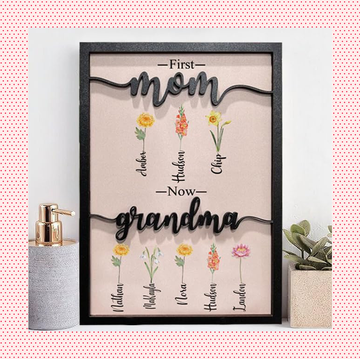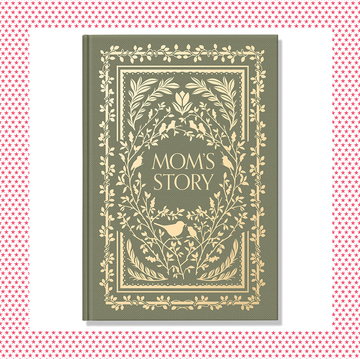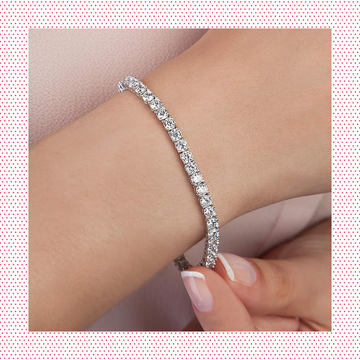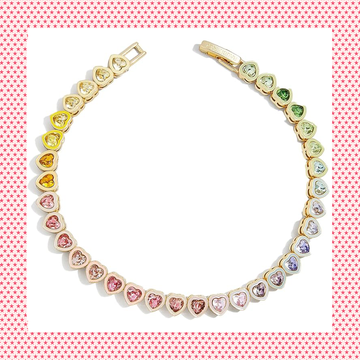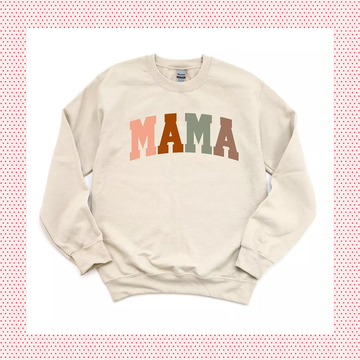As the saying goes, you don't choose your family. So what do you do if a relative becomes a major thorn in your side? "Your family is your essence—it's where you get your identity," says Karen Gail Lewis, EdD, a family therapist based in Cincinnati. "The idea that blood is thicker than water makes it harder to let go when rifts occur. And sibling relationships are especially tricky because they're the longest ones you have: You had your sibling before you had friends, a spouse or kids, and you'll have them after your parents die."
Despite our shared memories, or perhaps because of them, sibling relationships can often be the most conflicted, says Dr. Lewis. "Siblings are caught in the perceptions and feelings they've had about each other since childhood, and this can lock people into roles that might not be accurate anymore." The selfish sister who constantly puts herself first. The bossy brother who always tries to run the show. The rebel who will never be responsible…and so on.
Diane Brodie, 53, of Franklin Lakes, New Jersey, knows firsthand how dangerous those sibling minefields can be. "My older sister was the straight-A good girl and I was the free spirit," she says. "Yet, despite that, my mother always seemed to favor me, and I think my sister may have resented our special bond."
That, plus a six-year age difference, meant the two were never close growing up. But deep down, Diane always thought their relationship would change as they got older, becoming one of friendship and mutual respect.
Over the years, however, as the two forged completely different lives as adults—Diane becoming a divorced, successful entrepreneur, her sister a loving wife and mother—Diane's sister remained distant. "When she got engaged I was extremely happy for her," recalls Diane. "I was looking forward to sharing in her special day." Given the occasion, Diane thought her sister would feel the same way and ask her to be her maid of honor for the wedding. But she asked one of their cousins instead—a slight made all the worse because it would be so public. "Even though we weren't close, I thought she would still want me to stand up for her, because that's what sisters do. That really hurt me."
The snubs continued, despite Diane's repeated attempts to connect. She made it a point to visit her sister and her family often, including holidays, birthdays and during special events, even though her sister never reciprocated the visits. "I was the one doing all of the work, always," Diane says. "What's worse, every time I'd go see her and her family, it would be all about them. She never asked me about my life or my work, even after I started my own business, which is something I was really proud and excited about. After a while, that kind of indifferent treatment makes you feel like you just don't matter."
Diane finally decided to stop reaching out. "I never tried to talk to her about how I felt. I guess I just didn't see the point anymore since that was the way she'd always behaved toward me."
Although it's not healthy to hold on to someone who is hurting you, not even a relative, Dr. Lewis warns against giving up too soon, because there's always a possibility that the person will change in the future. "Even if you never want to see her again in that moment, you need to talk it out," she says. "Make sure you have tried everything before you let go, even counseling. If your family member continues to be demeaning, you can say, 'I don't think it's in my best interest to talk to or see you right now.' But you should leave the door open, because when you're not connected to your blood ties you often feel lost and untethered. Everything about who we are stems from our families and our shared history."
If you do want to reach out to her at some point, try writing a letter or email. "Confronting an estranged relative is far more emotionally charged, anxiety-ridden and guilt-producing than with an estranged friend," explains Susan Forward, PhD, author of Emotional Blackmail. "You're addressing deep-rooted issues that often date back to your childhood and those emotional triggers can trip you up." That's why writing is preferable to a face-to-face confrontation, because it allows you to calmly think of what you want to say without being defensive. "Letters or emails are powerful because you can't be interrupted or disagreed with," she adds. "It's easy to get upset and lose your train of thought if you're speaking to the person directly."
Once the letter has been sent, don't follow up, she adds. "You've said your piece. Now it's up to the recipient to respond." And if you get no reply? "Then that's your answer. There's nothing else you can do."
Although Diane hadn't seen or spoken to her sister in 10 years, two years ago she decided to reach out to her one last time. "I sent her an email telling her I loved her and always would, and suggested that email might be a good way for us to stay in touch," recalls Diane. "My sister thanked me for the note, said she agreed and that I was welcome to visit anytime. To me, that response felt like nothing had changed: It would still be me doing all the work. So I haven't visited. Things may never change between the two of us, but I feel as though by reaching out I made peace with whatever relationship we do have going forward."
Jodie Gould is an author and writer in New York City. Her latest book, written with Harvard neurologist Marie Pasinski, MD, is Beautiful Brain, Beautiful You.


